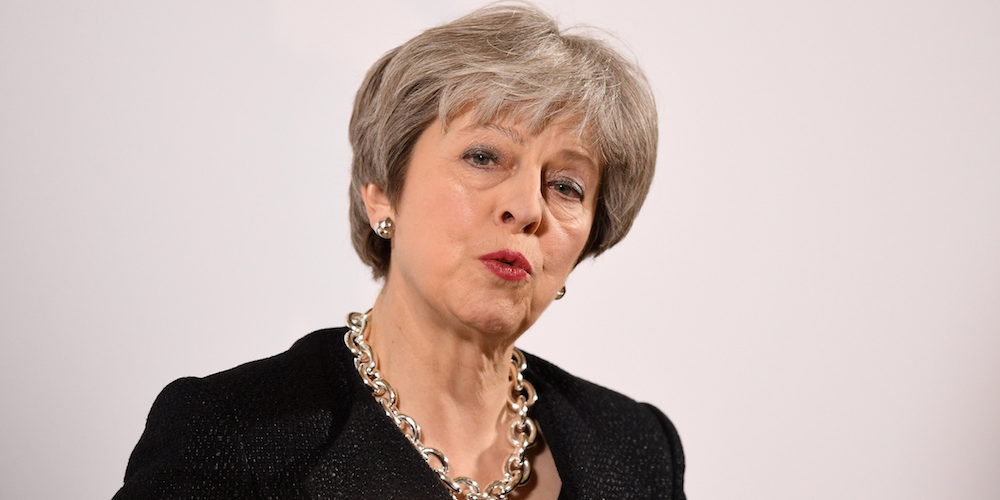LONDON – Theresa May delivered her long-anticipated “road to Brexit” speech on Friday afternoon.
Speaking in central London, the prime minister adopted a conciliatory tone, urging the country to “come back together” and reassuring those on all sides of the Brexit divide that their concerns had been listened to.
However, beyond the warm words, this was May’s most detailed and revealing Brexit speech yet.
Here are the five biggest things we learned from the prime minister’s historic speech.
May admitted leaving the single market will damage the economy
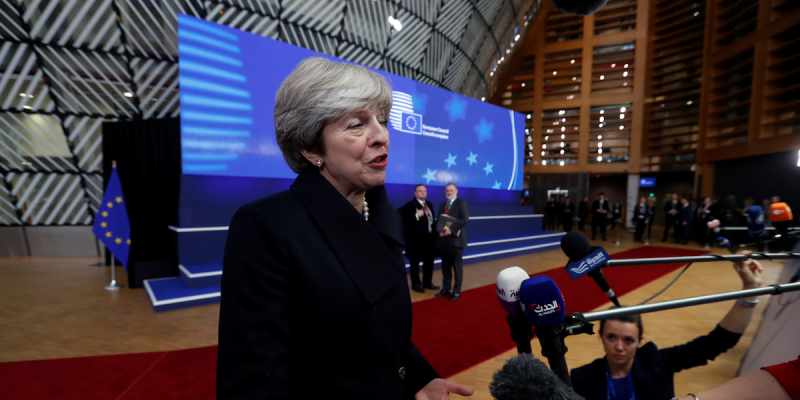
For months, May, Brexit Secretary David Davis, and a host of other Cabinet ministers have insisted that Britain can leave the European single market but somehow still retain all of its benefits and privileges.
This was in spite of the European Union making it clear repeatedly that Britain will lose the benefits of single market membership after it has ceased to be a member.
On Friday, the prime minister admitted publicly for the first time that this is not possible.
"The reality is we all need to face up to some hard facts. We are leaving the single market, our access to each other's markets will be less than it is now," May told a room full of journalists, politicians and business leaders.
She insisted, though, that any damage would be lessened by negotiating a new trade deal with the EU which would be "the broadest and deepest possible agreement - covering more sectors and co-operating more fully than any free trade agreement anywhere in the world today."
Britain will stay in European agencies
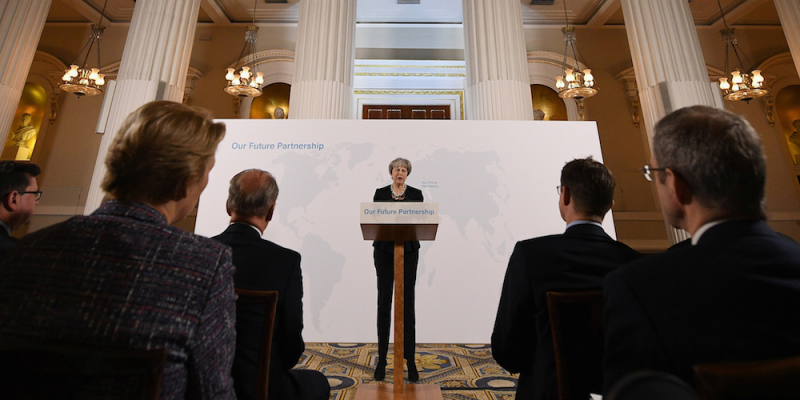
Fears that planes will be grounded and medicines binned after Brexit were eased today as the prime minister confirmed that Britain will attempt to remain an "associate member" of a number of European agencies covering vital parts of the economy.
The prime minister said Britain would be willing to pay money to Brussels to stay in agencies which cover medicines (European Medical Agency), chemicals (European Chemicals Agency) and aviation (European Aviation Safety Agency).
She added that: "We accept this would mean abiding by the rules' and making an appropriate financial contribution."
This announcement will come as a relief to organisations in these areas. Some in the aviation sector have expressed concerns that Brexit could leave Britain in a regulatory no-mans land in which planes are not allowed to take-off.
Britain will lose financial passporting
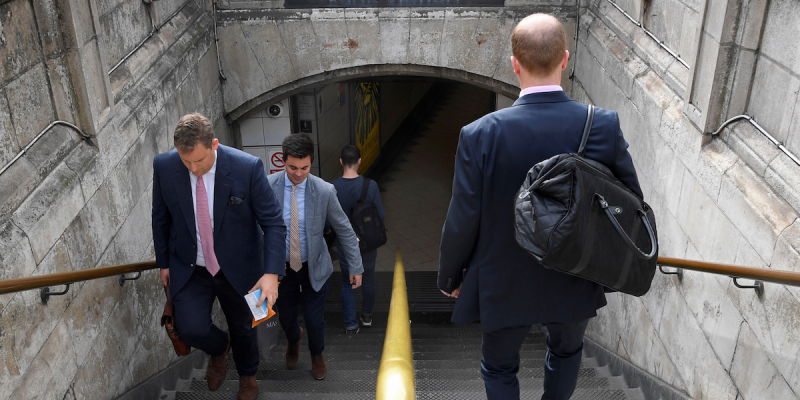
In a blow to the highly-influential City of London, Prime Minister May put an end to the possibility of Britain retaining its financial passporting arrangement with the EU after it has left the bloc.
She conceded that losing these rights was an automatic result of leaving the single market.
May said: "We're not looking for passporting because we understand that it is intrinsic to the single market, which we would no longer be a member of. It would also require us to be subject to a single rulebook over which we would have no say."
So what does this actually mean?
Well, passporting rules allow finance companies in the EU to sell their services across the bloc with a local license, rather than getting a license to operate in each member country where it does business.
The threat of losing passporting rights has been one of the biggest concerns for the finance industry in London.
Many companies have been setting up regulated subsidiaries in new cities such as Dublin, Paris, Frankfurt, and Amsterdam to hedge against the risk of disruption to their business.
No deal is no longer better than a bad deal
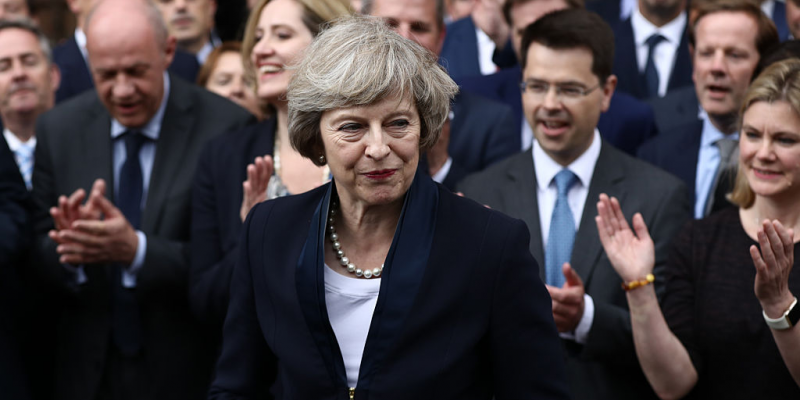
Ever since triggering Article 50, May has insisted that walking away from Brexit talks with no deal would be "better" than a "bad" deal, despite multiple warnings of the dire consequences a no-deal Brexit would have for the economy.
Analysis suggests that a no-deal Brexit would hit national growth by 8%, according to a leaked official government report earlier this year.
However, today the prime minister said that the British side would not "walk out" of talks, even if the two sides struggle to reach a workable compromise further down the line. She also said that WTO rules - the trading rules Britain would default to in a no-deal scenario - would not work for the country.
The UK still doesn't have a Brexit solution for Northern Ireland
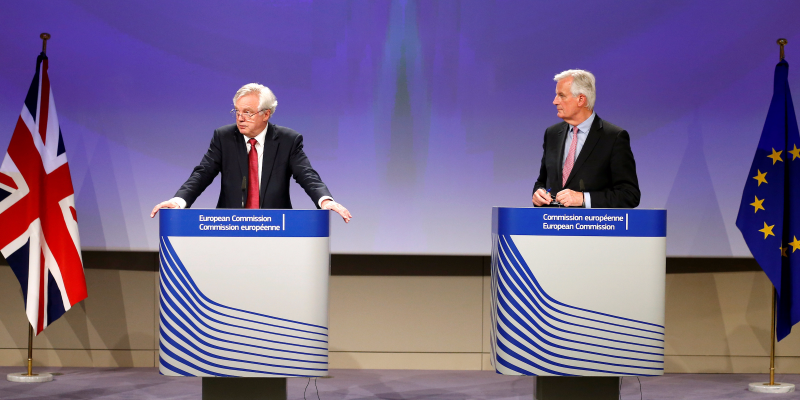
The prime minister repeated that she does not want to see the return of a hard border between Northern Ireland and the Republic.
She also rejected the EU's recent suggestion that Northern Ireland could stay within its customs union and stick to single market rules in order to avoid a hard border after Brexit.
"Just like it would be unacceptable to go back to a hard border, it would also be unacceptable to create a customs and regulatory border down the Irish sea," May said.
"I'm not going to let our departure from the EU to setback the historic progress we've made in Northern Ireland."
However, the prime minister failed to offer any real new solutions to avoiding physical infrastructure on the historic border if Britain goes ahead with its plan to leave the single market and customs union.
Given the pressure the government has been under this week from the EU, Labour and Conservative backbenchers to solve this problem, it does not bode well for the next stage of negotiations.

